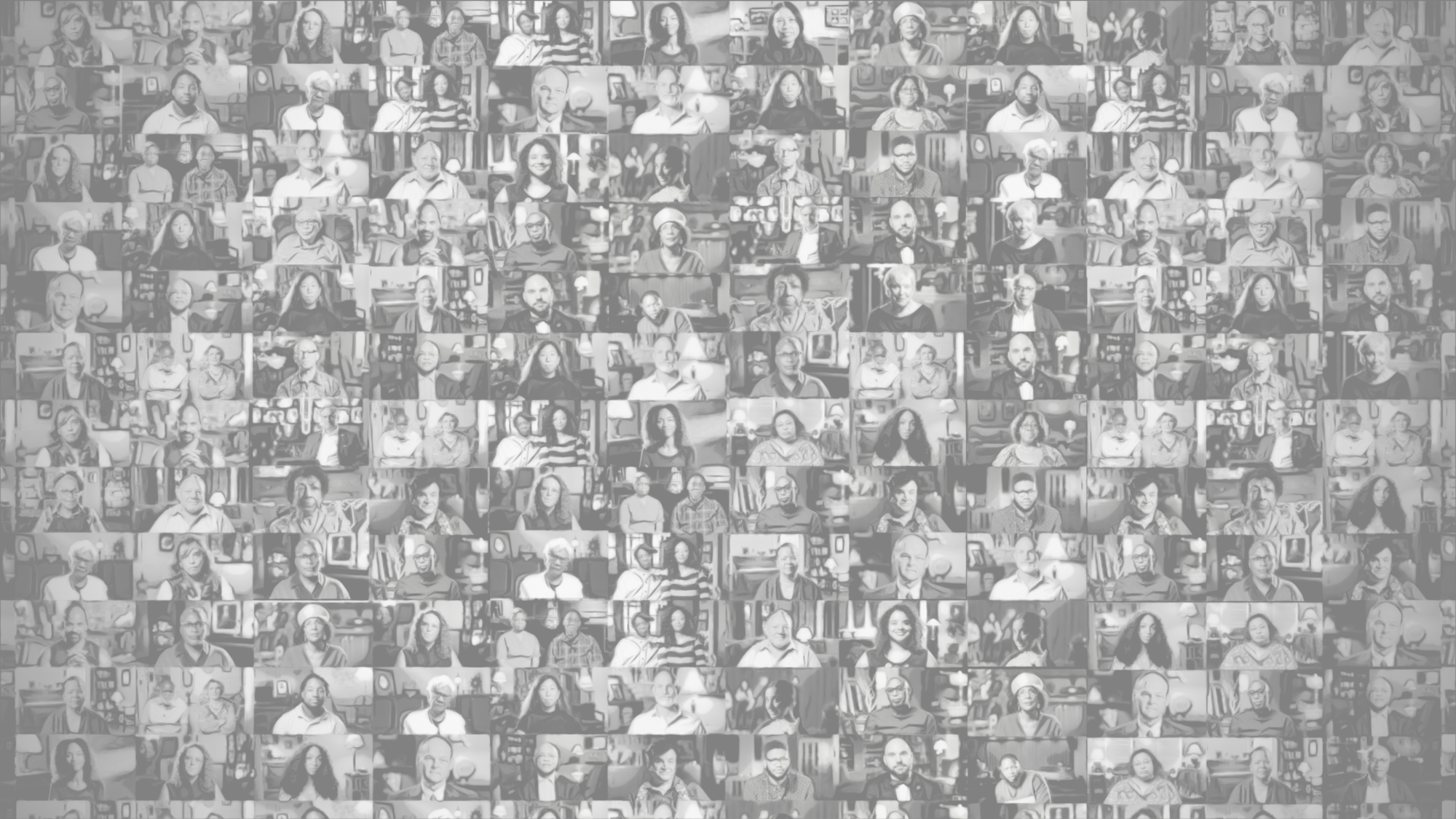Within the rich tapestry of Bahá’í teachings lies the profound principle of race unity and equality, a tenet that not only addresses the socio-political dynamics of the modern world but also elevates the spirit of humanity. This article elucidates the transformative perspectives offered by these teachings, inviting readers to explore the depths of their implications and significance.
At the heart of Bahá’í ideology is the assertion that the oneness of humanity is paramount. It posits a radical departure from the pervasive racial prejudices and divisions that have characterized society throughout history. Central to this teaching is the belief that all individuals, irrespective of their racial or ethnic backgrounds, are equally valued and endowed with inherent dignity. This principle promotes a collective identity that transcends individual differences, igniting a shift in perspective that calls for recognition of our shared humanity.
Historically, divisions based on race have fomented conflict, discrimination, and societal discord. The Bahá’í Faith confronts these challenges with a clarion call for an unyielding commitment to racial harmony. It emphasizes that such unity is not merely an aspirational goal but an imperative. This ethos of inclusivity fosters a sense of belonging and collective responsibility, urging individuals to challenge the status quo and dismantle the systemic barriers that perpetuate inequality.
Critical to understanding the Bahá’í perspective on race unity is the teachings’ emphasis on the interconnectedness of all people. The metaphysical notion of oneness permeates every aspect of Bahá’í beliefs, underscoring that humanity is one family. This teaching invites individuals to adopt a global conscious, encouraging a worldview where empathy and compassion reign supreme. It implores believers to seek out and appreciate diversity as an enriching facet of the human experience, rather than a source of division.
From a theological standpoint, the Bahá’í Faith posits that divine revelations throughout history, including those of Bahá’u’lláh, underscore the unity of mankind. Bahá’u’lláh proclaimed that the time has come for humanity to realize its inherent unity, stating, “The earth is but one country, and mankind its citizens.” This profound assertion serves as a catalyst for introspection, beckoning individuals to reevaluate entrenched biases and preconceived notions. It challenges adherents to seek knowledge and education that foster understanding and rectify misconceptions about different racial and ethnic groups.
Moreover, the practical implications of Bahá’í teachings on race unity can be seen in communal efforts to foster dialogue and collaboration among diverse groups. This involves facilitating a space for conversations that address the nuances of racial issues, promoting a collective healing process that is essential for societal progress. Initiatives such as interfaith dialogues, community service projects, and educational programs serve as frameworks through which individuals can engage in meaningful interactions, breaking down barriers and building relationships based on mutual respect and understanding.
The Bahá’í Faith further underscores the importance of personal and collective action in addressing racial disparities. It asserts that mere recognition of these issues is insufficient; active participation in the pursuit of justice and equality is paramount. This advocacy for action is grounded in the conviction that progress necessitates systemic change. The teachings encourage individuals to become informed allies, fostering a culture of accountability and responsibility in the quest for racial equity.
Within this framework, the role of education becomes fundamental. The Bahá’í community espouses the value of educating individuals about racial issues, instilling in them an understanding of the historical context and the ongoing implications of racism. This educational paradigm not only enlightens individuals but equips them with the tools necessary to challenge societal norms, advocate for justice, and cultivate an enduring legacy of equality.
Moreover, the Bahá’í principles underscore that race unity extends beyond merely the absence of prejudice. It encompasses an active commitment to uplifting those who have been historically marginalized. This approach necessitates a multifaceted perspective that integrates social, economic, and spiritual dimensions. By fostering an environment wherein diverse voices are heard and appreciated, the Bahá’í teachings seek to create a society where individuals are empowered to thrive, regardless of their racial backgrounds.
Ultimately, the aspiration for race unity is not exclusively a Bahá’í concern; it resonates with all individuals who yearn for a just and equitable society. The teachings beckon humanity to rise above the shackles of division, advocating for a collective embrace of diversity. This vision for a harmonious society is not a utopian ideal, but a tangible goal rooted in action and commitment.
In sum, the Bahá’í teachings on race unity and equality provide a profound lens through which to view the challenges and opportunities of our time. They serve as a clarion call to delve deeper into the intricacies of human relationships, urging individuals to embrace the richness of diversity and to champion the cause of justice and equality. In this light, the teachings are not merely philosophical tenets but practical guides that can lead to transformative changes in hearts and minds, and ultimately, in communities worldwide. The future beckons for those who dare to dream of a united humanity, and the Bahá’í Faith invites us all to partake in this noble endeavor.
